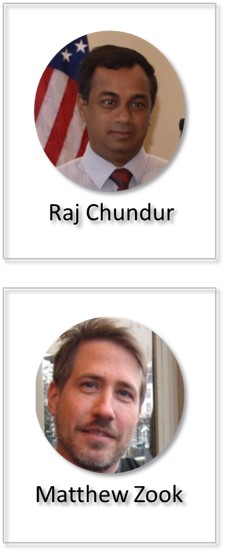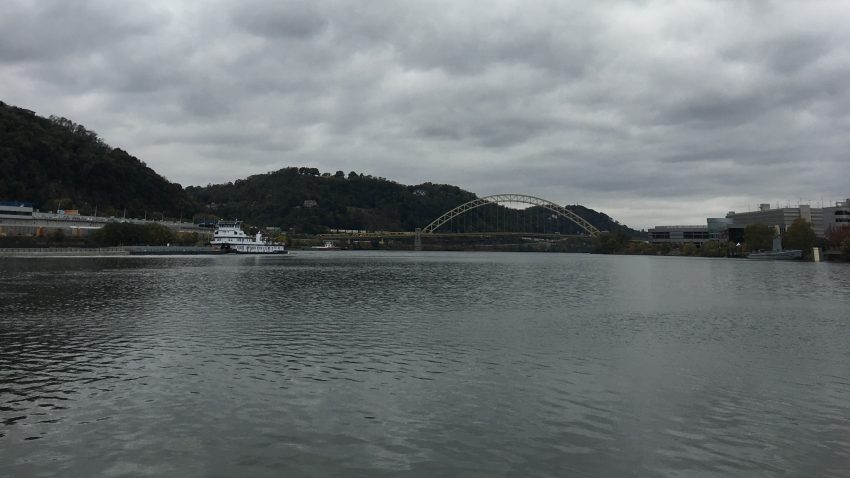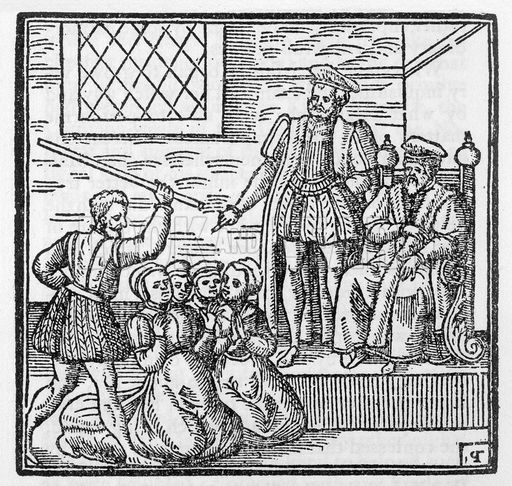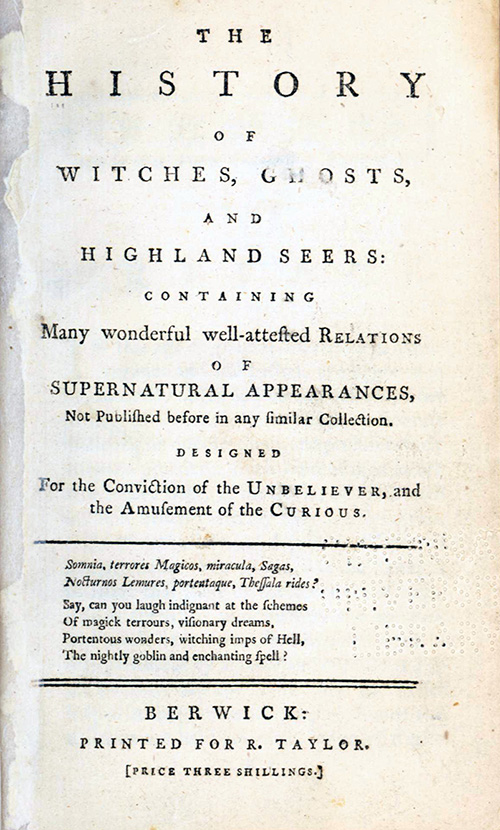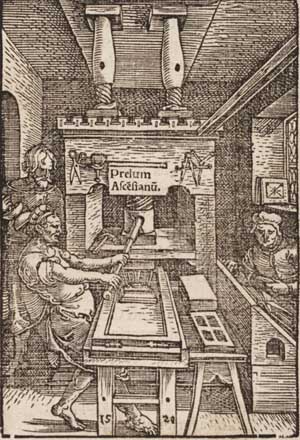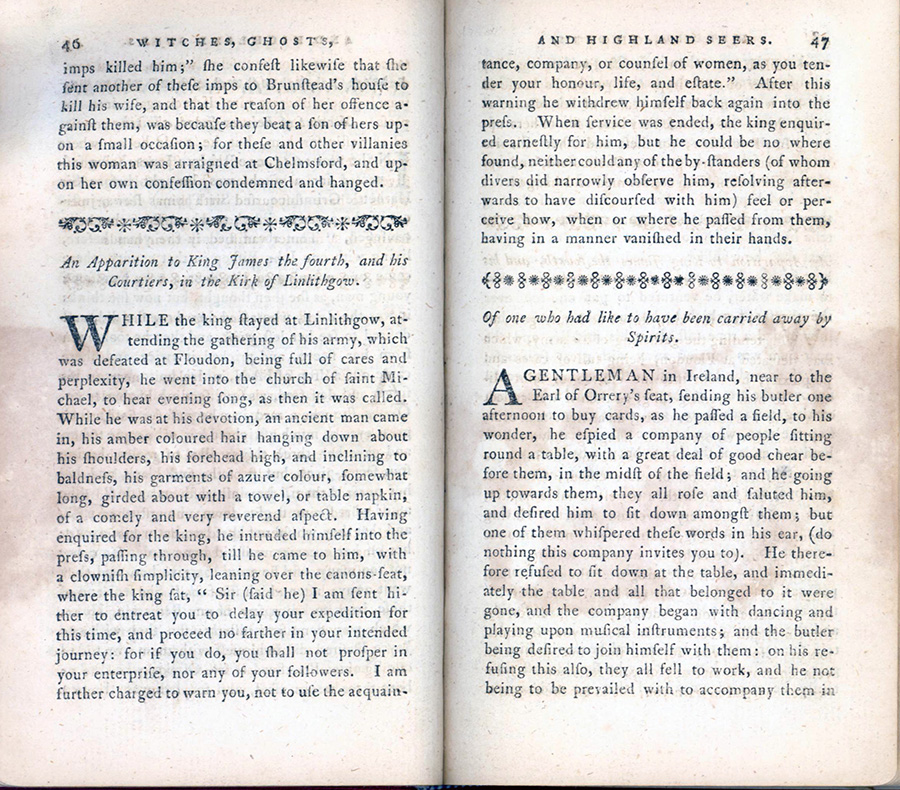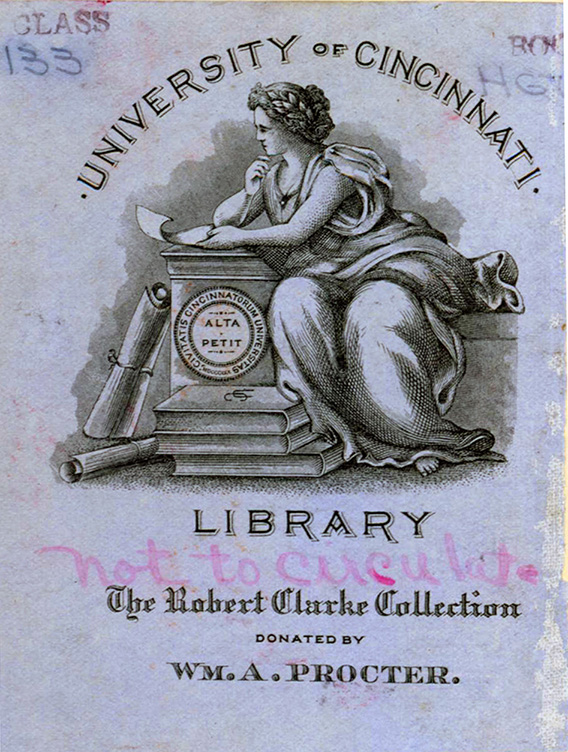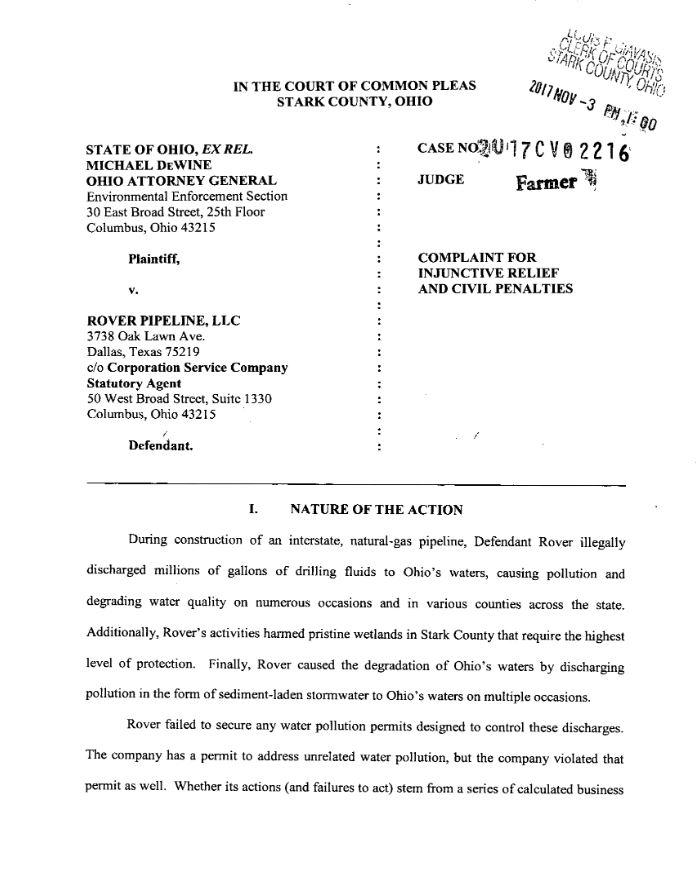 A foundational principle of archival theory and practice is that records have evidential value. Many users (and archivists themselves!) typically approach records for what informational value they have: What slogans are depicted in a photo of Vietnam-era student protesters waving signs? Can this birth certificate prove my great-grandmother’s birth date? Will this set of meeting minutes recall what decisions were made?
A foundational principle of archival theory and practice is that records have evidential value. Many users (and archivists themselves!) typically approach records for what informational value they have: What slogans are depicted in a photo of Vietnam-era student protesters waving signs? Can this birth certificate prove my great-grandmother’s birth date? Will this set of meeting minutes recall what decisions were made?
So what do we mean by evidential value? Evidential records are those that document the processes, organization, and functional activities of an organization. This is a bit of a loopy statement, so let’s return to birth certificates, which have great evidential and informational value. To a genealogist trying to ascertain the date their great-grandmother was born, the birth certificate contains important information– the date of the birth. But the records are also evidence of the government’s responsibility for maintaining vital records of citizens’ major life events (i.e., birth, marriage, divorce, death).
One of the lines of inquiry I’ve been pursuing recently is that effective regulation depends on good recordkeeping. Recordkeeping has become extremely fraught in the area of environmental regulation. Recordkeeping not only provides information about what activities with environmental impacts are taking place in a given location, records also serve as evidence that a given agency is fulfilling its mission of environmental regulation by maintaining appropriate records.
Evidentiary value is important, because who creates records and how has great meaning and consequence. A governmental agency may be responsible for monitoring a body of water for pollution. A citizen activist group may do the same thing because they want to maintain their own records to compare with an agency’s monitoring records. Even if both of these groups produced records with potentially identical informational value (e.g., measurements of pollution levels in water), the evidential value attached to each is radically different. The government creates the records as part of its statutory obligation to monitor water pollution. The citizen activist group does the same in order to corroborate or contest the government’s findings. Thus, evidential value associated with records is as important as what information is recorded within records.
An interesting case study of the evidential value of records can be found in the Ohio Attorney General’s lawsuit filed against the Rover Pipeline. The pipeline is a 713-mile natural gas pipeline being built through northern and eastern Ohio, with links to Pennsylvania, Michigan, and West Virginia. Energy Transfer Partners is building the pipeline, and it is the same company that built the controversial Dakota Access Pipeline. The lawsuit alleged that the Rover Pipeline illegally discharged drilling fluid, failed to secure discharge permits, and violated another permit it did hold.
In this lawsuit, recordkeeping — both the lack of permits on the one hand, and the violation of existing permits on the other hand – is the foundation for the legal action. Permits provide information on allowable pollution levels, but as records, they are also evidence by which corporations interact with regulators. The only legal way to emit pollution is to obtain an official record (a permit from Ohio EPA) allowing a certain threshold of pollution. The evidentiary value of records provides a form of legal authorization, regardless of whether the pollution allowed by the permits is advisable to begin with. When a corporation fails to seek permits as required by law, or when it violates existing permits, the state must decide whether to pursue an enforcement action. If the corporation had sought permits and abided within their limits – even if environmentalists questioned the threshholds of the permits to begin with – the state would not have grounds to pursue legal enforcement against a corporation. Therefore, the informational and evidential value of records are a key component of regulatory enforcement.




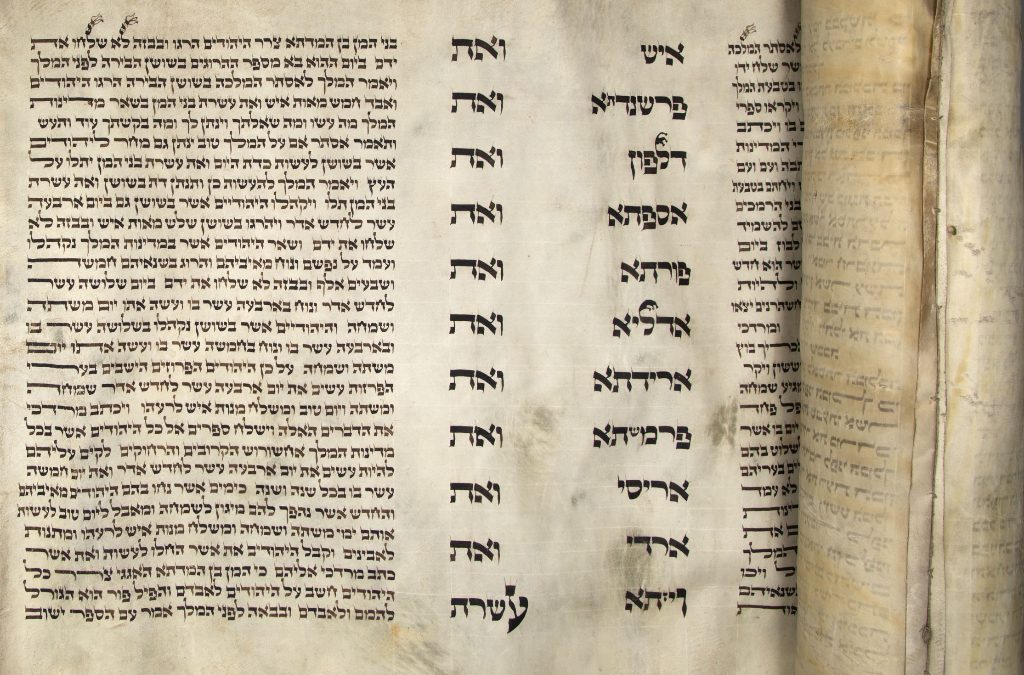
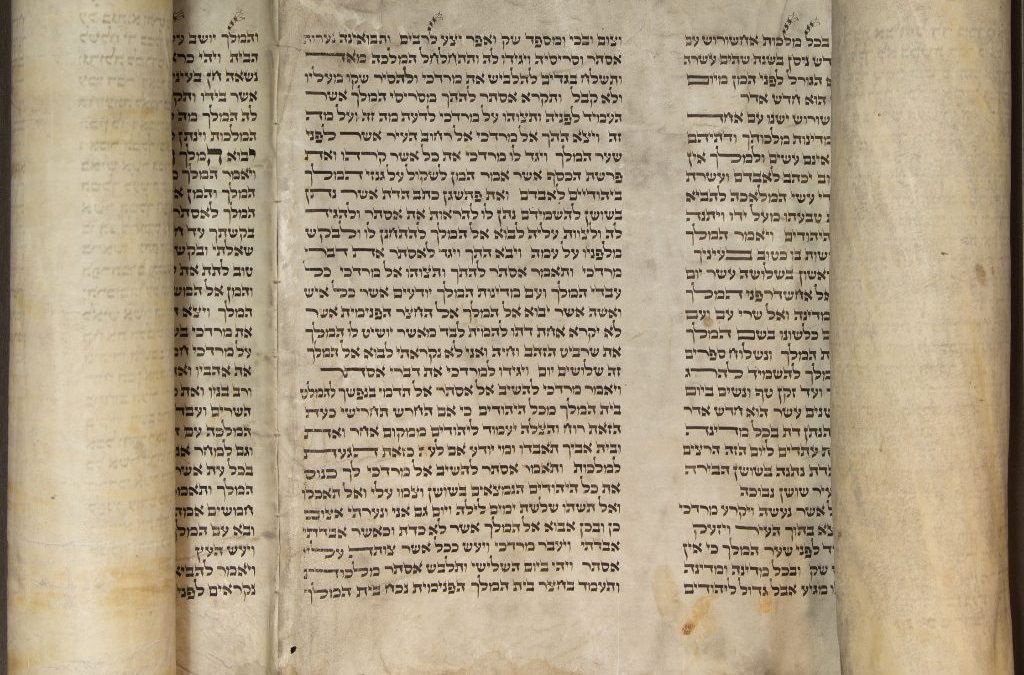
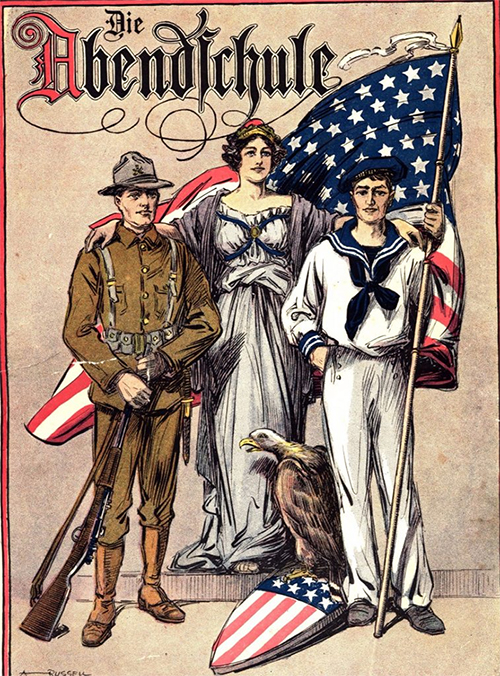

 UC Libraries will be closed Thursday, November 23 and Friday, November 24 for Thanksgiving, with the exception of the
UC Libraries will be closed Thursday, November 23 and Friday, November 24 for Thanksgiving, with the exception of the  UC Libraries will be closed Friday, November 10 in observance of Veterans’ Day, except for the
UC Libraries will be closed Friday, November 10 in observance of Veterans’ Day, except for the 